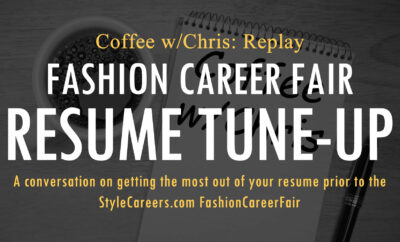
No Fluff
Essential Elements of an Entry-Level Resume
There are several factors that employers may look for in their entry-level resume. It is not just work experience that they consider, but also other essential elements such as:
Your reason for applying: Employers often want to know if you are interested in the specific role they are trying to fill or if you are just looking for any job. To demonstrate your reason for seeking the job, you can list relevant qualifications that show your ability to succeed in the position.
Your personality: Employers may also want to ensure that your personality fits the position. Highlighting your positive personality traits on your resume is a great way to show your commitment to your job and passion for the field. You can do this by including professional certifications or experiences that demonstrate your ability to work efficiently on a team.
Your teamwork and leadership experience: As an entry-level candidate, you may not have had the opportunity to pursue management roles yet. However, you can show hiring managers that you have leadership skills and potential by describing experiences from other relevant jobs or education. For example, serving as the president of a club in college may have helped you gain leadership skills.
When writing your entry-level resume, consider these tips:
Choose the right format: A functional resume that highlights your skills and education may be beneficial as an entry-level job-seeker. Try to keep it concise and to one page, using a standard and legible font, such as Calibri or Arial.
Use keywords from the job description: Review the job description and determine which qualifications the employer expects. Find opportunities to include them in your resume and make sure to use keywords from the job description. This is especially important if you’re applying for a job at a company that uses an applicant tracking system (ATS).
Proofread your resume before applying: Review your resume several times before submitting it. Use a spelling and grammar checker, and check for misspellings, grammatical errors, and formatting issues. Consider asking a colleague or friend to review your resume for you to ensure that it is free of errors.
When writing your entry-level resume, be sure to include a resume header with your contact information (no street address) and a professional summary highlighting your relevant credentials. Including a link to your online portfolio is crucial for designers. By following these steps, you can write an effective entry-level resume that will impress potential employers.
Chris Kidd is the owner of StyleCareers.com, StylePortfolios.com, StyleDispatch.com, FashionCareerFairs.com and FashionRetailCareers.com.






You must be logged in to post a comment Login